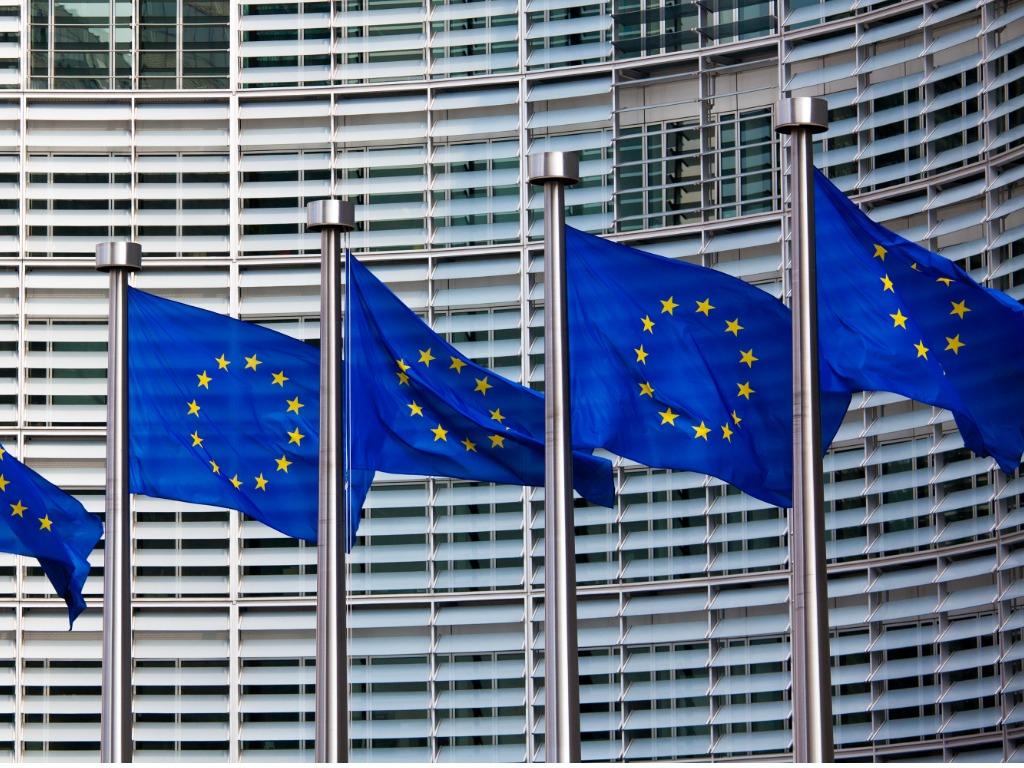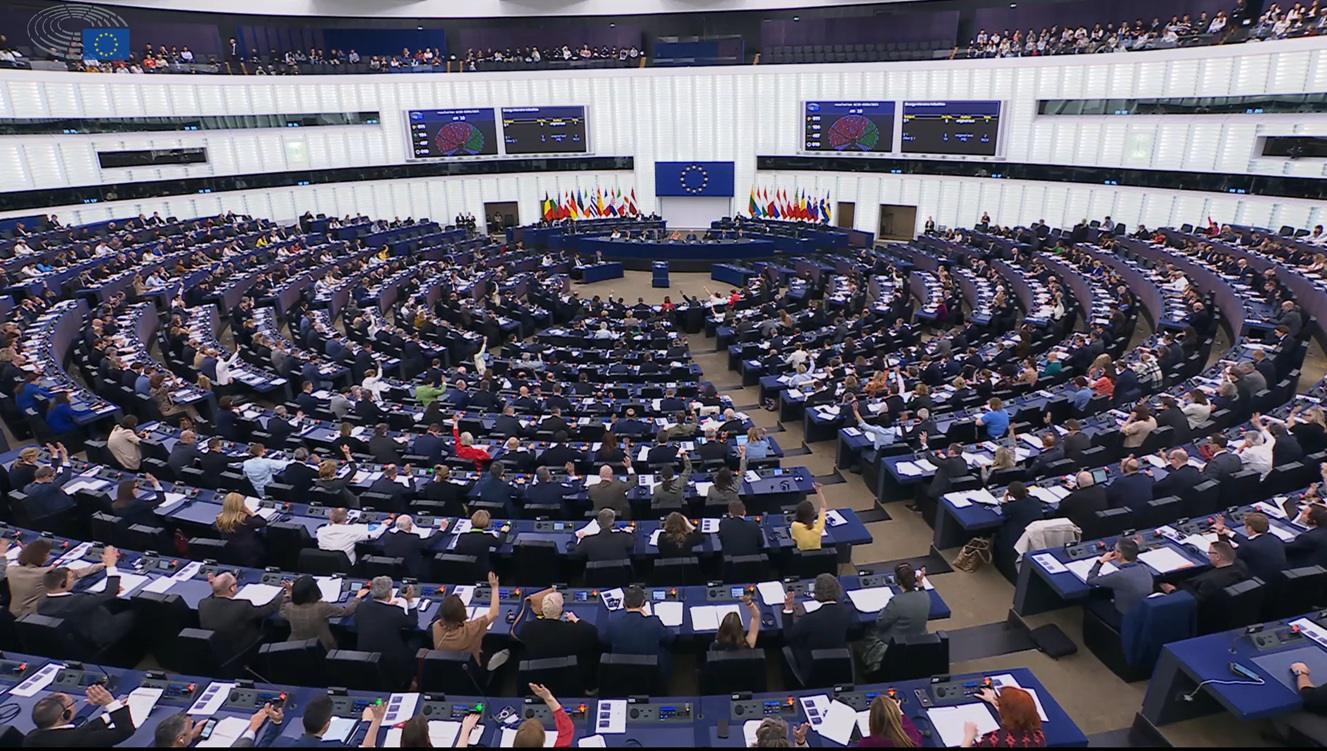EU Launches Strategy to Drive Demand for Clean Products, Decarbonize Industry
The European Commission announced the introduction of the Clean Industrial Deal, unveiling a series of measures aimed at accelerating decarbonization while supporting manufacturing in Europe, and addressing key challenges including climate change, industrial competitiveness and dependency on critical raw materials.
The plan for the Clean Industrial Deal was first introduced by EU Commission President Ursula von der Leyen in July 2024, with a goal to help direct investment towards infrastructure and industry, particularly in energy intensive sectors, in order to support the EU’s industrial decarbonization, growth and competitiveness goals.
The new strategy is focused primarily on energy-intensive industries, which the commission said require support to decarbonize and also are facing high energy costs, unfair global competition and complex regulations, and on the clean tech sector, while also including circularity as a key element, in order to help reduce overdependencies on third country suppliers for raw materials.
Key elements of the new Clean Industrial Deal include measures to lower energy costs through the newly launched Action Plan on Affordable Energy to accelerate the roll-out of clean energy and electrification, complete the internal energy market with physical interconnections, use energy more efficiently and cut dependence on imported fossil fuels, and the Industrial Decarbonisation Act, introducing sustainability, resilience, and made in Europe criteria in public and private procurements, as well as a plan to launch a voluntary carbon intensity label for industrial products, starting with steel in 2025, followed by cement.
The Commission also included a series of measures to help finance the green transition, with plans to adopt a Clean Industrial Deal State Aid Framework allowing for quicker approval of State aid measures for the roll-out of renewable energy and ensure sufficient manufacturing capacity of clean tech, to propose an Industrial Decarbonisation Bank with a €100 billion funding target, increase the risk bearing capacity of the InvestEU programme, and to launch new financing instruments through the EIB to support grid component manufacturing, renewable energy PPAs for SMEs, and the cleantech sector.
Additional Clean Industrial Deal elements include a new mechanism to have companies aggregate demand for critical raw materials and to create an “EU Critical Raw Material Centre” to jointly purchase raw materials on behalf of interested companies, plans for a Circular Economy Act to be adopted next year, and initiatives to upskill workers.
European Commission President Ursula von der Leyen said:
“Europe is not only a continent of industrial innovation, but also a continent of industrial production. However, the demand for clean products has slowed down, and some investments have moved to other regions. We know that too many obstacles still stand in the way of our European companies from high energy prices to excessive regulatory burden. The Clean Industrial Deal is to cut the ties that still hold our companies back and make a clear business case for Europe.”





